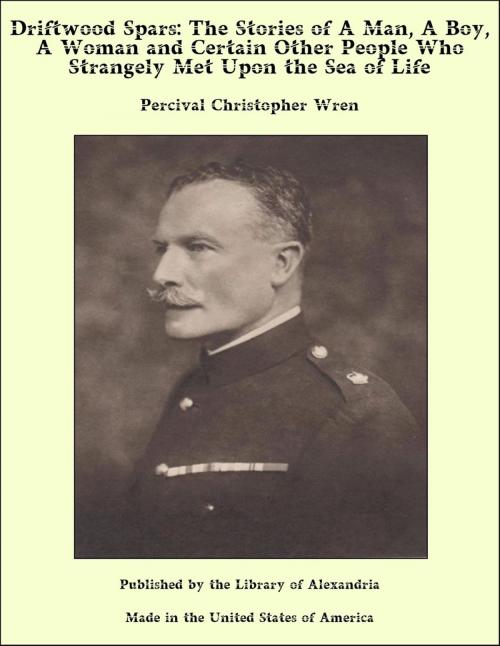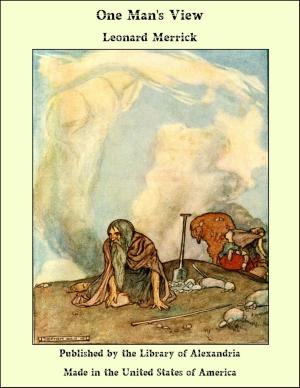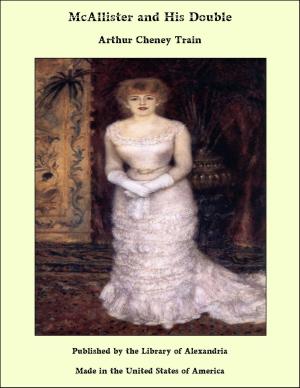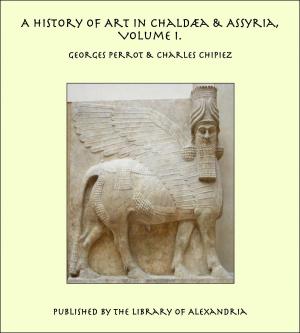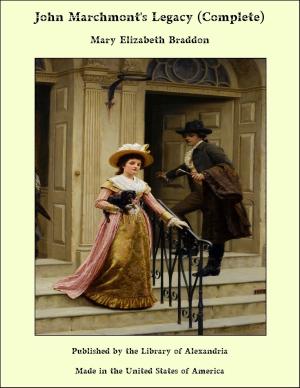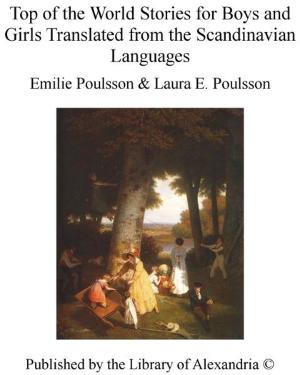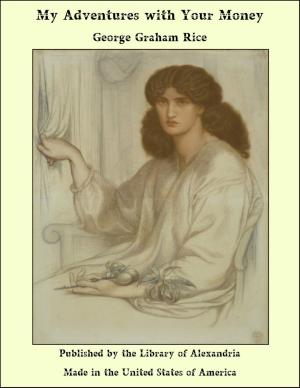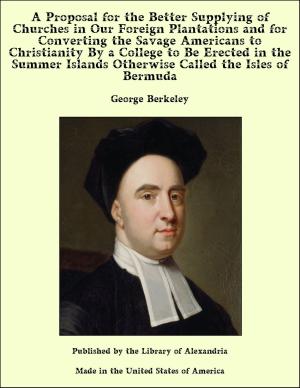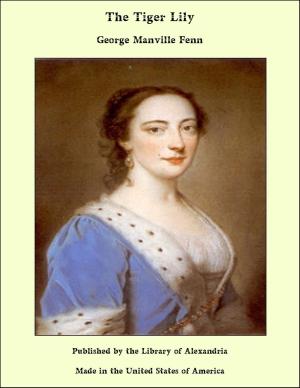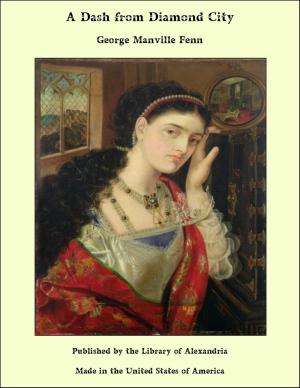Driftwood Spars: The Stories of A Man, A Boy, A Woman and Certain Other People Who Strangely Met Upon the Sea of Life
Nonfiction, Religion & Spirituality, New Age, History, Fiction & Literature| Author: | Percival Christopher Wren | ISBN: | 9781465606808 |
| Publisher: | Library of Alexandria | Publication: | March 8, 2015 |
| Imprint: | Language: | English |
| Author: | Percival Christopher Wren |
| ISBN: | 9781465606808 |
| Publisher: | Library of Alexandria |
| Publication: | March 8, 2015 |
| Imprint: | |
| Language: | English |
Truth is stranger than fiction, and many of the coincidences of real life are truly stranger than the most daring imaginings of the fictionist. Now, I, Major Michael Malet-Marsac, happened at the moment to be thinking of my dear and deeply lamented friend John Ross-Ellison, and to be pondering, for the thousandth time, his extraordinary life and more extraordinary death. Nor had I the very faintest notion that the Subedar-Major had ever heard of such a person, much less that he was actually his own brother, or, to be exact, his half-brother. You see I had known Ross-Ellison intimately as one only can know the man with whom one has worked, soldiered, suffered, and faced death. Not only had I known, admired and respected him—I had loved him. There is no other word for it; I loved him as a brother loves a brother, as a son loves his father, as the fighting-man loves the born leader of fighting-men: I loved him as Jonathan loved David. Indeed it was actually a case of "passing the love of women" for although he killed Cleopatra Dearman, the only woman for whom I ever cared, I fear I have forgiven him and almost forgotten her. But to return to the Subedar-Major. "Peace, fool! Art blind as Ibrahim Mahmud the Weeper," growled that burly Native Officer as the zealous and over-anxious young sentry cried out and pointed to where, in the moonlight, the returning reconnoitring-patrol was to be seen as it emerged from the lye-bushes of the dry river-bed.
Truth is stranger than fiction, and many of the coincidences of real life are truly stranger than the most daring imaginings of the fictionist. Now, I, Major Michael Malet-Marsac, happened at the moment to be thinking of my dear and deeply lamented friend John Ross-Ellison, and to be pondering, for the thousandth time, his extraordinary life and more extraordinary death. Nor had I the very faintest notion that the Subedar-Major had ever heard of such a person, much less that he was actually his own brother, or, to be exact, his half-brother. You see I had known Ross-Ellison intimately as one only can know the man with whom one has worked, soldiered, suffered, and faced death. Not only had I known, admired and respected him—I had loved him. There is no other word for it; I loved him as a brother loves a brother, as a son loves his father, as the fighting-man loves the born leader of fighting-men: I loved him as Jonathan loved David. Indeed it was actually a case of "passing the love of women" for although he killed Cleopatra Dearman, the only woman for whom I ever cared, I fear I have forgiven him and almost forgotten her. But to return to the Subedar-Major. "Peace, fool! Art blind as Ibrahim Mahmud the Weeper," growled that burly Native Officer as the zealous and over-anxious young sentry cried out and pointed to where, in the moonlight, the returning reconnoitring-patrol was to be seen as it emerged from the lye-bushes of the dry river-bed.
